Karl Marx, the founder of scientific socialism, is one of the most important names who left his mark on world history both during and after his lifetime. Let’s take a closer look at who Karl Marx was, what he advocated, what exactly is his philosophy, whose dialectical materialism ideas are still the subject of debate even today.
If we count the names that have left their mark on world political history today, we will see that most of them are soldiers and politicians. Yes, but all these soldiers and politicians actually went down in world history because they applied the views put forward by philosophers in politics.. Here is one of the most important of these philosophers. Undoubtedly, the founder of scientific socialism is Karl Marx.
Although Karl Marx wrote many different works, the two most important works that everyone knows are Capital and The Communist Manifesto, which he wrote together with Friedrich Engels. His thoughts aroused great repercussions all over the world both during and after his lifetime, and even today, he has been the main subject of discussions. Who is Karl Marx, let’s take a closer look Let’s look for answers to questions such as what he was advocating and what is his philosophy.
Who is Karl Marx? A child who is discriminated against because of his Jewish origins:
Karl Heinrich Marx, with his full name, was born on May 5, 1818 in Trier, Prussia, Germany. He was the eldest and only survivor of nine children in a family of Jewish descent. Although they are of Jewish origin, Karl also became a Christian child, since his father was baptized a year before he was born and became a Christian.
Even though he was a Christian, he was of Jewish origin. Karl Marx, who was subject to prejudice and discrimination, Due to all these experiences, he questioned the place of religion in society and saw religion as the most important obstacle in front of social change.
Karl Marx, who enrolled in Bonn University in 1835 after his basic high school education, lived a real vagrant life here. He took courses on humanities rather than scientific subjects, He participated in a duel, was imprisoned, joined the poets club, and after a year left this school and enrolled at the University of Berlin.
Meeting Hegel changed Karl Marx’s life:
When Karl Marx came to the University of Berlin, the school was in the hands of a group called Young Hegelians and He was thoroughly disgusted with Karl Hegel. But the group has changed over time. Young Hegelians, who moved away from Christianity and approached atheism, had become leftist republicans by 1841.
Karl’s thoughts began to develop with this change. He gave a lot of thought, especially to Hegel’s idea of the absolute soul. In this intellectual process, Hegel’s dialectical ideas and Feuerbach’s materialism ideas were the most emphasized. Yes, the foundations of dialectical materialism were being laid.
His journalistic life began harshly:
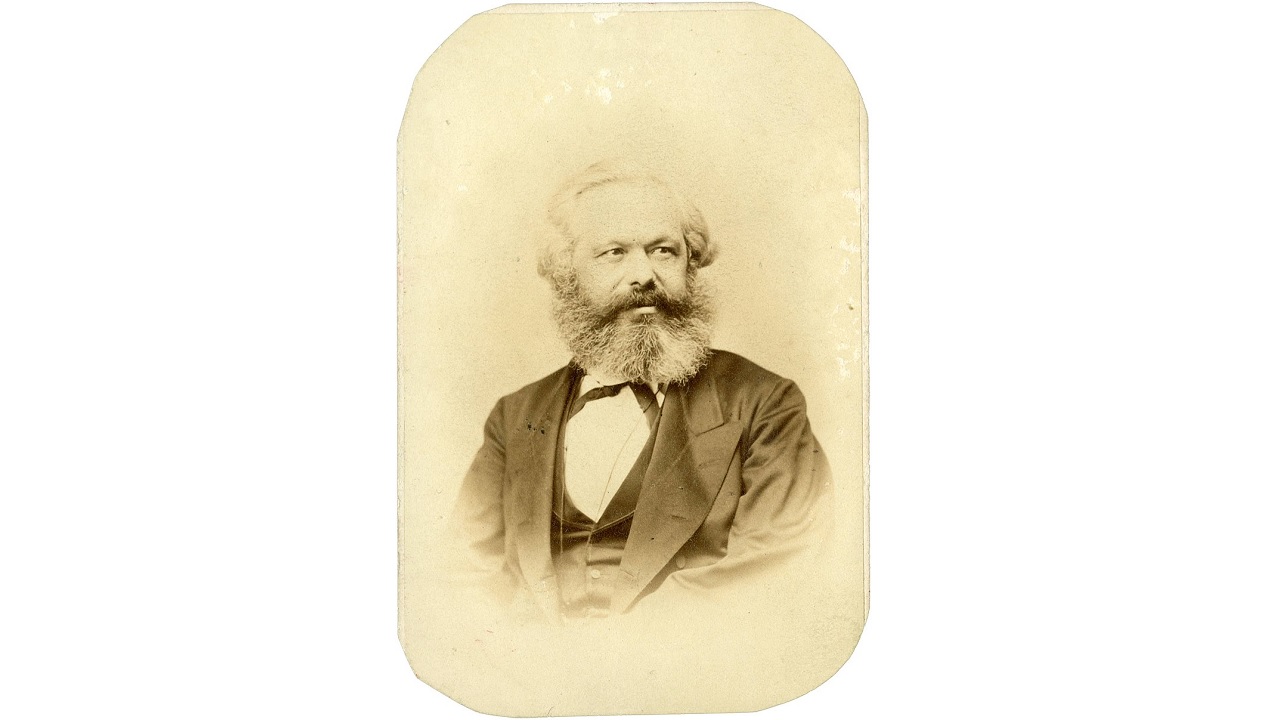
Karl Marx joined a newly founded newspaper in 1842. Free He wrote articles on many topics such as the press, absolute moral standards, and universal ethical principles. All his writings had one thing in common: Karl was totally against censorship. He soon took the editorial seat of the newspaper.
After he became an editor, he had to write mostly about economics. As he focused on economics, he saw that Hegelian idealism did not work. and he began to distance himself from his Hegelian circle. His articles were very popular, the circulation of the newspaper was increasing, but the newspaper was banned from time to time because of his thoughts.
When the gates of Paris opened, the revolutionary in Karl Marx awoke:
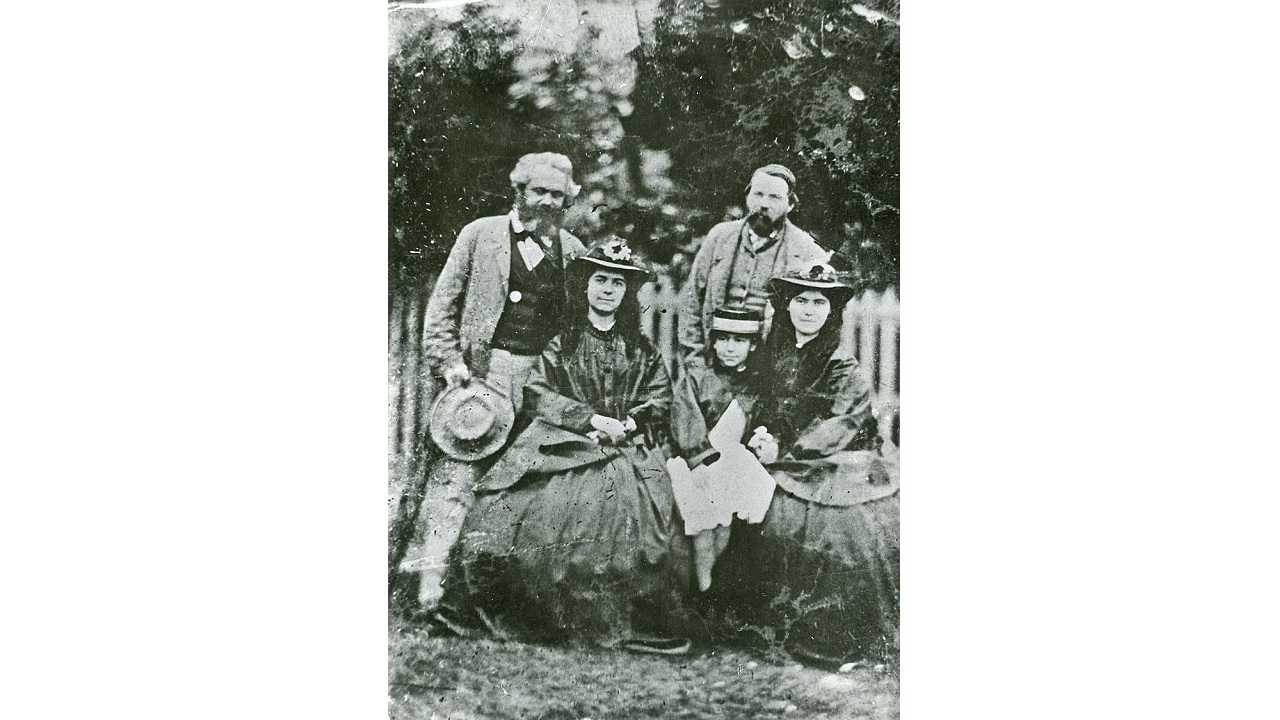
In 1843, Karl Marx was four years older than his longtime partner. He married Jenny von Westphalen. Jenny had an interesting family; his father was a socialist, his half-brother was a total reactionary and later became the country’s interior minister. Jenny’s father loved Karl very much, and according to some, the foundations of his socialist thought were laid during this period.
Shortly after we got married, our couple moved to Paris. Here Karl Marx first became a revolutionary and then a communist. He began negotiating with French and German workers’ unions. According to Karl, the ideas of these workers were rude and unwise, but they affected his personality. During this period, he wrote many articles about workers’ ideas.
And finally Karl Marx meets Friedrich Engels:
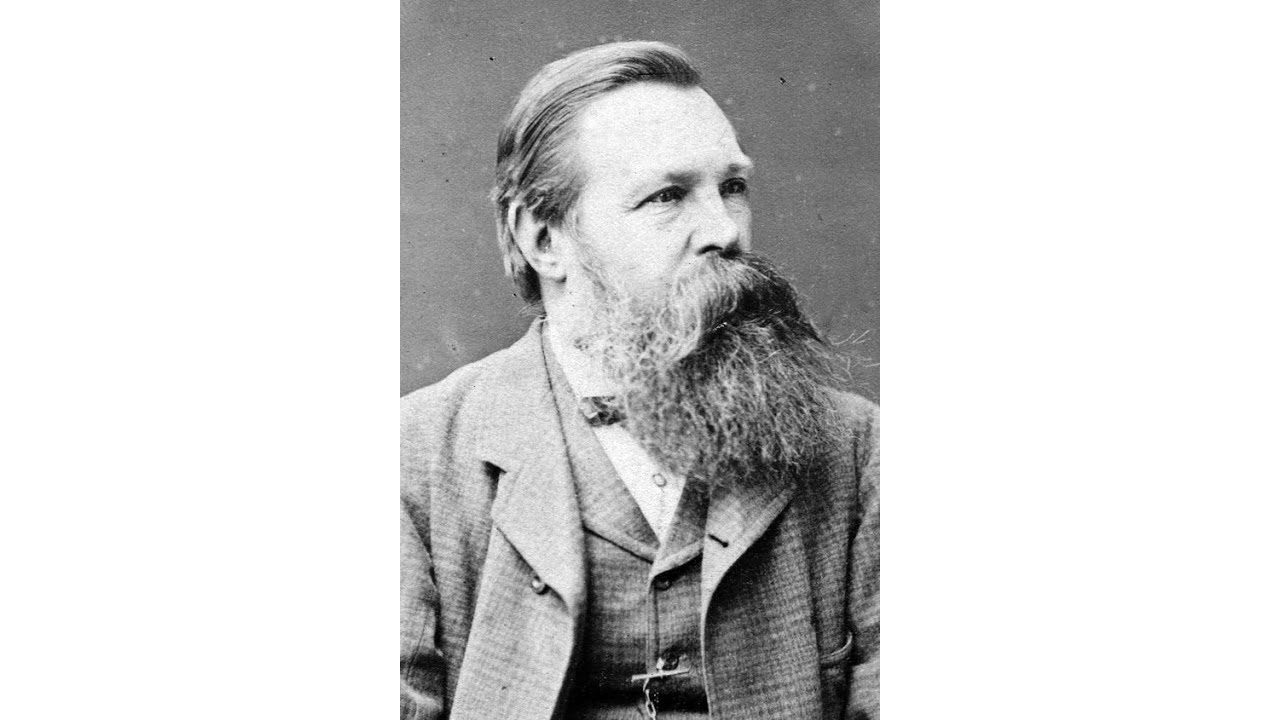
In 1844, Karl Marx met again with the German socialist Friedrich Engels, whom he had met at the newspaper he had previously worked for. This time, a lifelong friendship would begin between them. Karl Marx, who stood out because of his ideas such as religion is the opium of the people and calling for a proletarian uprising, was deported to Brussels in 1845. He also renounced his Prussian citizenship in the same year.
Over the next two years, the relationship between Friedrich Engels and Karl Marx deepened and they began to write articles with common ideas, almost as if they came from a single brain. During these years, Marx developed his intellectual stance by establishing close relationships with labor leaders.
It was during this period that Karl Marx firmly decided that a scientific basis was needed for socialism. It is not possible to balance the oppositions in the economic systems, He said that social structures are temporary and that bad features should be removed completely.
“A specter is haunting Europe, the specter of Communism.”
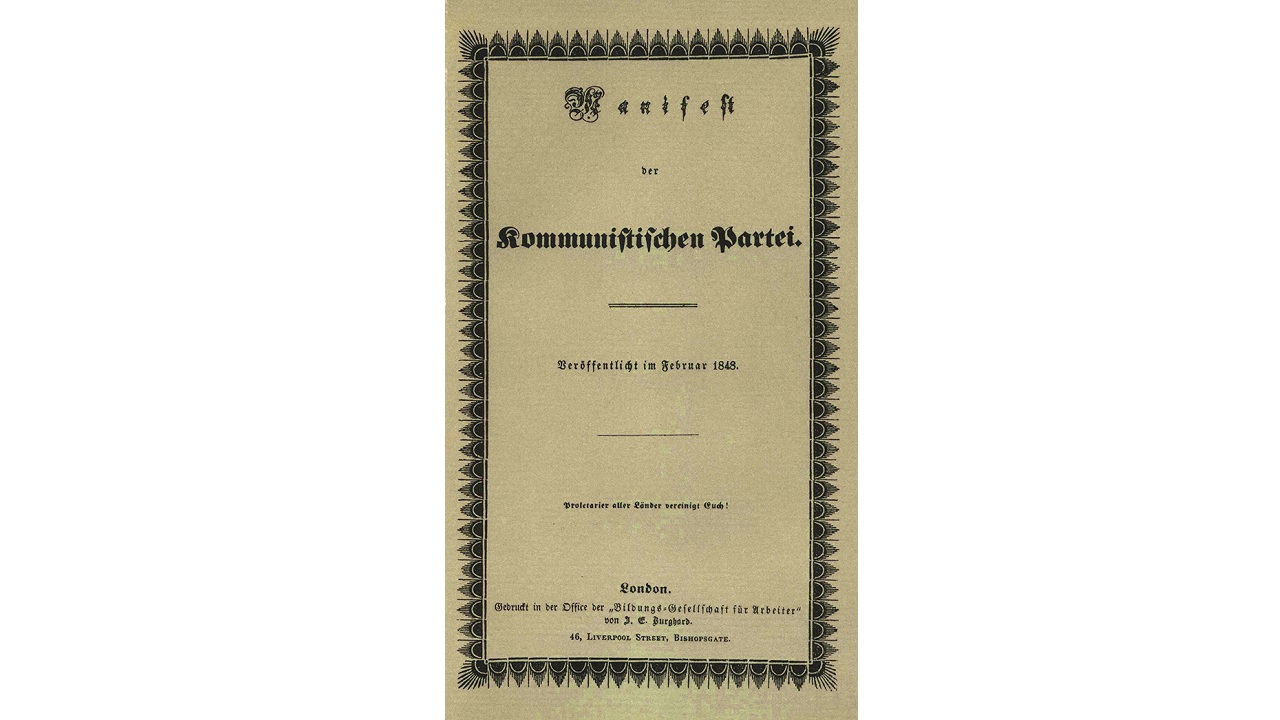
The successive events of that period eventually led Friedrich Engels and Karl Marx to write a program. The text they called the Communist Manifesto was published in 1848. and his first sentence is “A specter is haunting Europe, the specter of Communism.” it happened. In the manifesto, the rules were clearly stated, the measures to be taken were explained, and the workers of the world were called to unite.
It is unbelievable, but these few pages of text created a spark effect and in the first months of 1848 it was in France, Italy, Austria, throughout Europe. Revolutions were made one after another. Returning to Germany, Karl Marx joined the revolutionary struggle in Cologne. However, he completely opposed the proletarian revolution program created by the Labor Union leaders.
It was during this period that Karl Marx became the head of the Neue Rheinische Zeitung and began to write very harsh articles one after another. Marx’s revolution did not fit the revolution that was made. He was tried for many different crimes and was eventually exiled again.
London years and the First International:
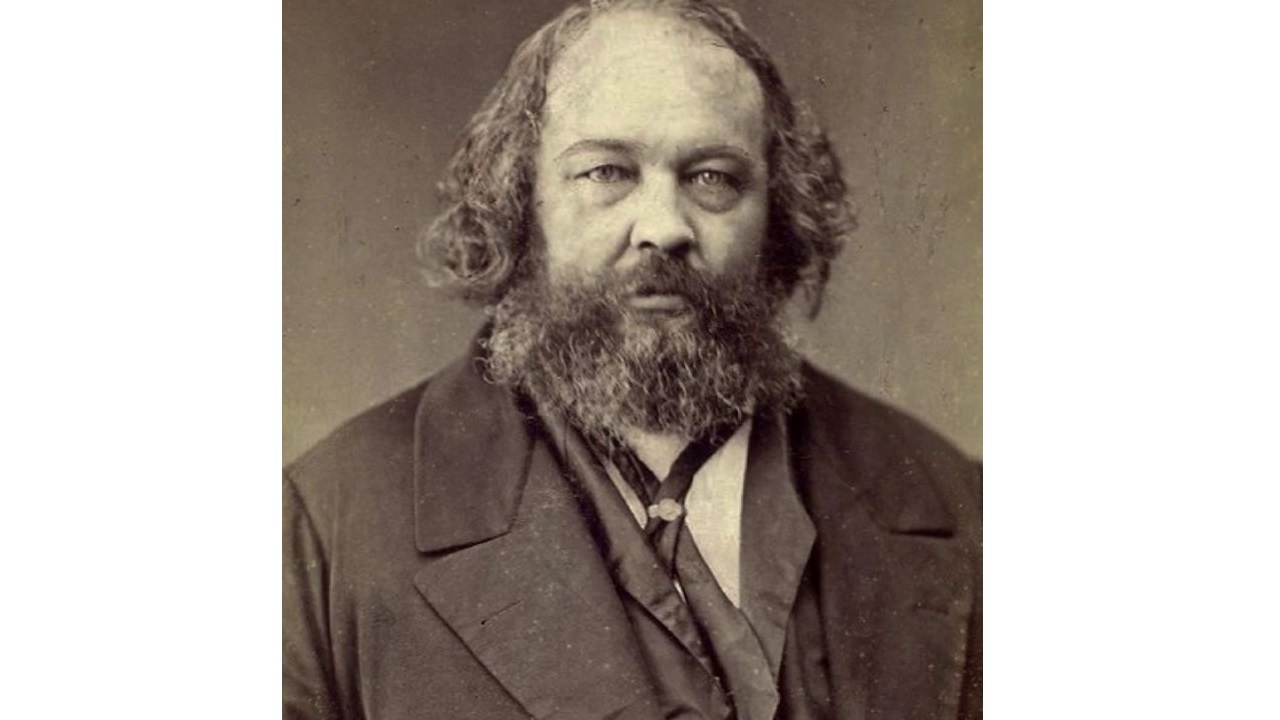
- Mikhail Alexandrovich Bakunin
Karl Marx, who was exiled to London in 1849, said that the revolutionaries did not submit to the bourgeoisie and He worked to make the revolution permanent. He was ostracized for his sectarian behavior. He experienced great misery during this period, but his biggest supporter was Engels. It was during this period that he started to write his work called Das Kapital.
The political isolation of Karl Marx came to an end when the International Workingmen’s Association was founded in 1864. Together with the First International, which was convened with the participation of Karl Marx The number of members of the union approached 800,000 in 1869. The Paris Commune, founded in 1871, was the first historical example of the dictatorship of the proletariat for both Engels and Marx.
The left dissident who emerged during this period would later become the founder of anarchism. Mikhail Alexandrovich Bakunin and Karl Marx never got along. Opposing the powerful Bakuninists at the congress in 1872, Marx’s greatest goal now was to finish Das Kapital, which he saw as a masterpiece.
Karl Marx became withdrawn in his last years:
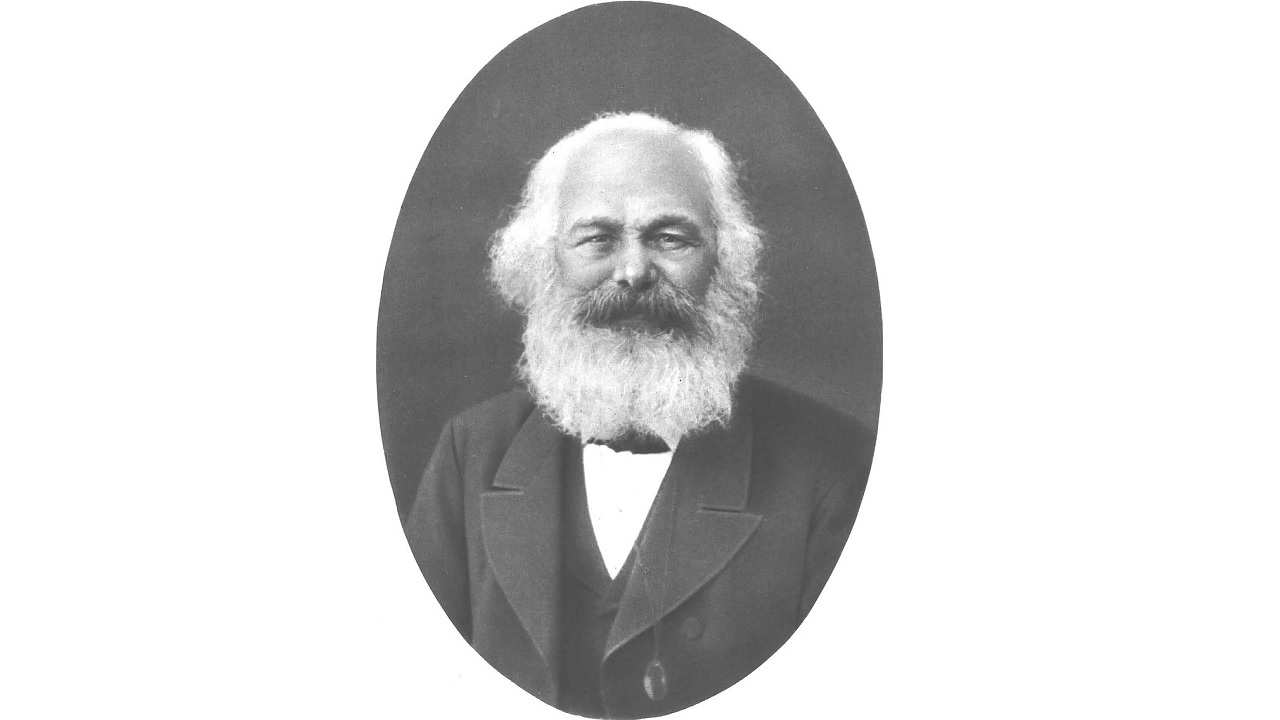
Karl Marx was depressed in the last years of his life. He had become obsessed with the need to overthrow Russian Tsardom. Withdrawn from active politics and he often went to the hospital. Completely devastated after the death of his wife and daughter, Karl Marx died on March 14, 1883 at the age of 64.
What was Karl Marx defending?
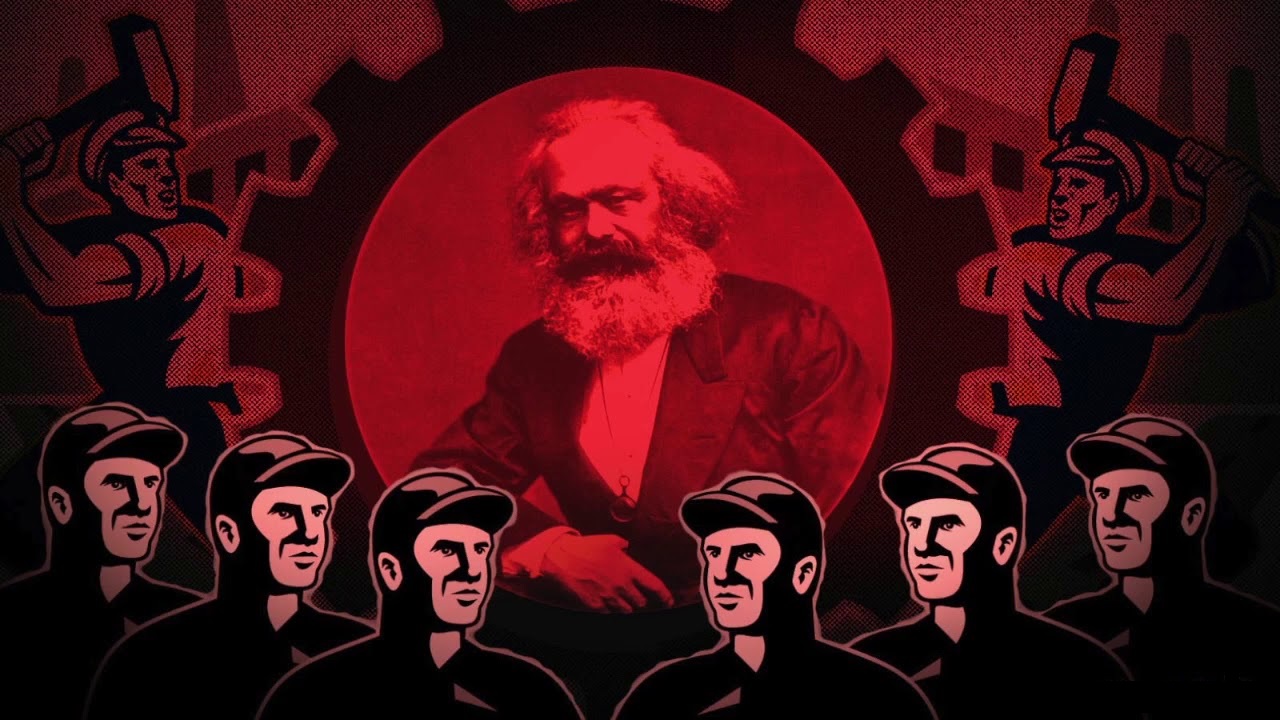
Das Kapital, written by Karl Marx, is considered the holy book of the working class. His thoughts are clear, he defends the dictatorship of the proletariat. The biggest impact has been in the sociological field because the dialectical model he established tells that the problems in a society are full of contradictions that can be solved by that society. This analysis style model that he produced is still used.
RELATED NEWS
What Is The Capitalism We Are A Part Of Even When We Oppose? How Did It Influence The Whole World?
Founder of scientific socialism Who is Karl Marx, what did he advocate, what is his philosophy We answered frequently asked questions such as: Of course, Karl Marx’s life is full of many more details, but in this article, we have included important details that only those who meet him for the first time should know.
